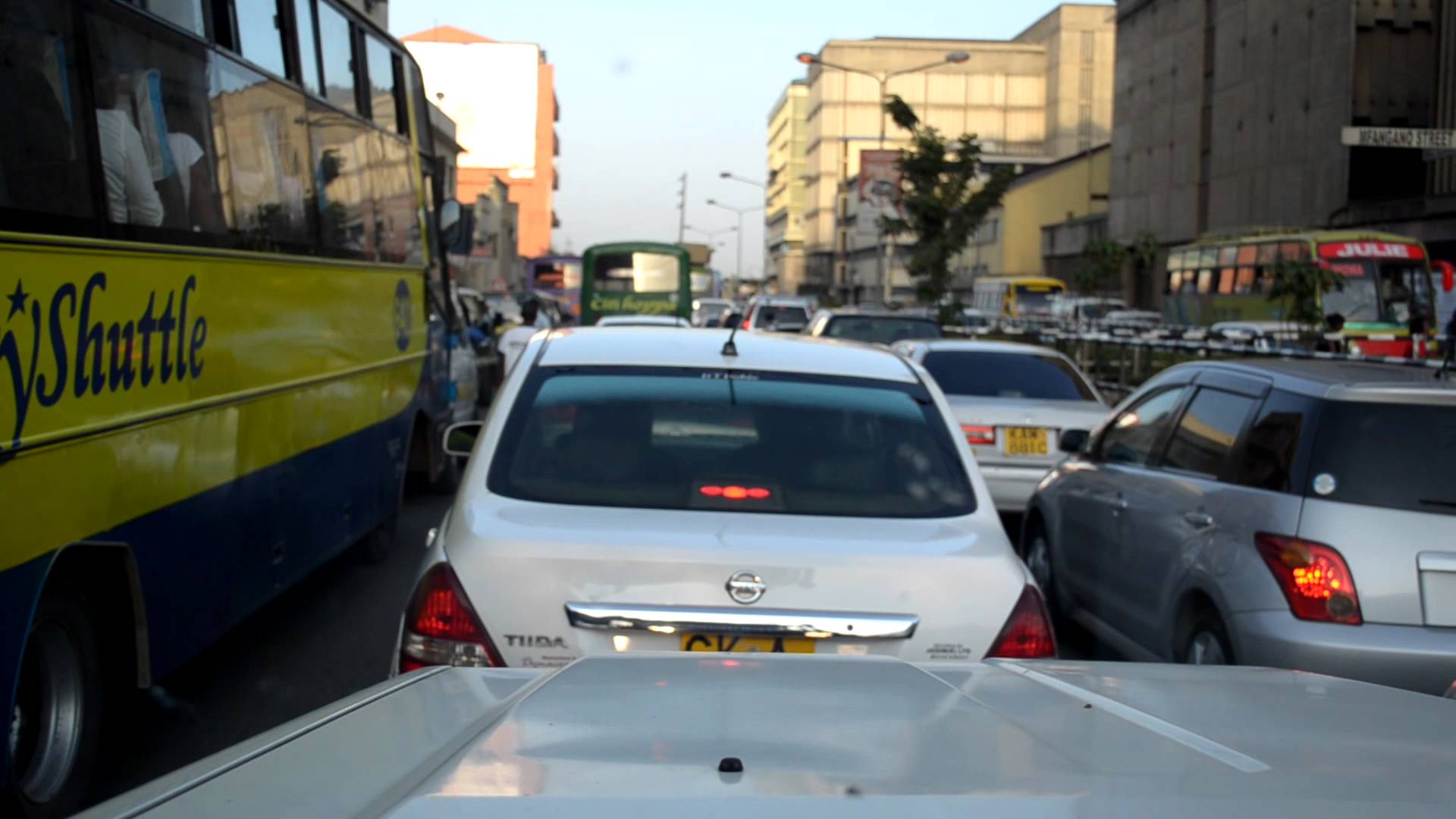Nairobi is a prime example of the difficulties of congestion facing fast-growing African cities, where traffic has become one of the biggest issues in terms of productivity.
Kenya’s economy is one of the fastest-growing in the continent and has simultaneously seen rapid rates of urbanization. Although the population of Nairobi Metropolitan Area was around 6,658,000 in 2009, it is estimated that it will reach approximately 14 million by 2030.1 At the same time, car-based transportation more than doubled between 2012 and 2016, reaching 700,000, with estimates of up to 9 million car users by 2050.
Combining this with low levels of infrastructure investments, an inherited colonial infrastructure, and a spatial-economic structure with an almost exclusive focus on the central business district have created a situation where most citizens spend at least two hours commuting each day, with a large impact on the city’s competitiveness.
The consequences have been plentiful. Nairobi’s traffic problems cause increased costs, longer travel times, lower economic productivity, and a substantial negative impact on health and the environment. It is expected that the congestion leads to an estimated Sh 58 Million a day of lost productivity in the city, and as many as 13,000 people killed in road accidents a year.
Moreover, should the city keep adding cars at the current rate without expanding its infrastructure, the average speed of driving will be cut in half by 2030, to 20 kilometers an hour (so it will take twice as long to get anywhere).
Another related problem is the deteriorating air quality in the city, where 30 percent more diesel is burned today than it was five years ago. The bad air quality also stems from the fact that few cars are new: the large majority of cars are old ones imported from Japan and Europe. Following this, respiratory diseases are one now the number one type of disease in Kenya.
To curb the massive congestion, several initiatives are needed, including the construction of new ring roads, re-engineering of the public transportation system and investing in rail services, developing multiple city centers, and using smart technology to control road traffic.
Source; WEF 2017 Report










